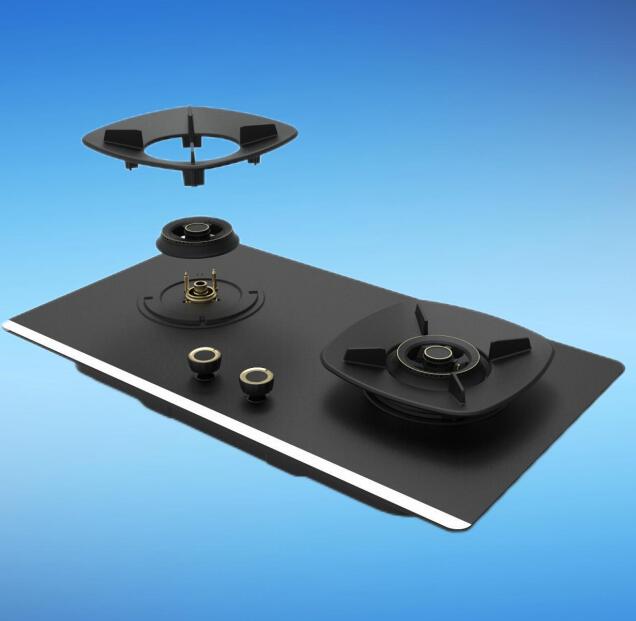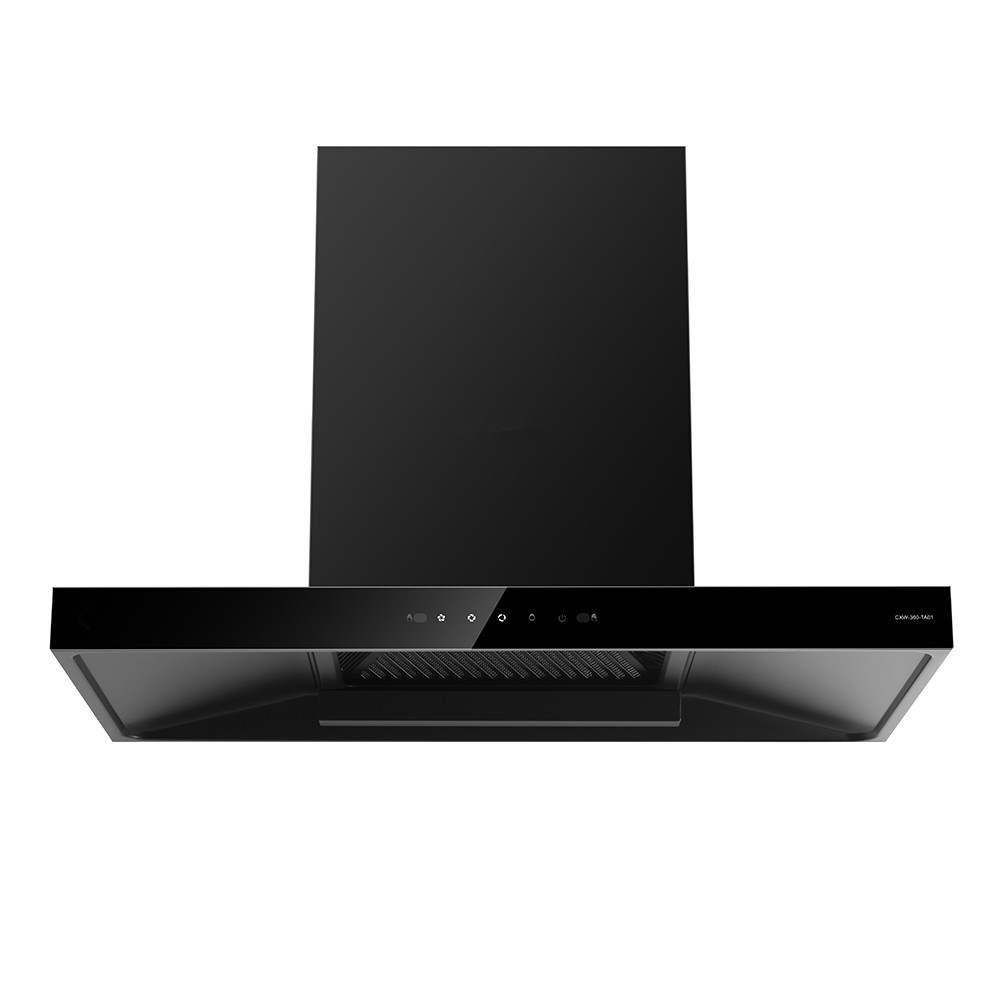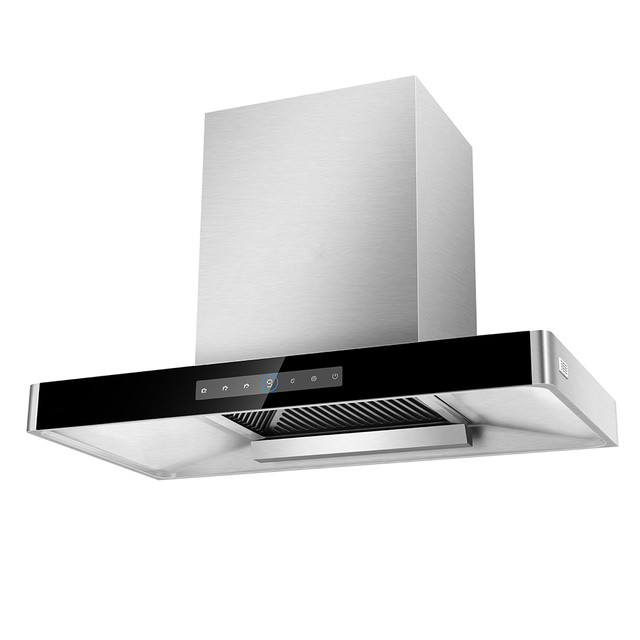1. Firepower and adjustment ability: Firepower is the core indicator of gas stoves and directly affects cooking efficiency. Generally speaking, firepower above 5.0kW can meet the cooking needs of most families. At the same time, firepower adjustment ability is also an important consideration. Gas stoves that can accurately adjust the firepower can better meet the needs of different cooking methods.
2. Energy efficiency rating and energy saving: When choosing a gas stove, the energy efficiency rating is a standard that cannot be ignored. A first-level energy-efficient gas stove is not only energy-saving and environmentally friendly, but also saves a lot of expenses for the family in long-term use. High-efficiency gas stoves are usually accompanied by higher thermal efficiency, which means faster heating speed and less energy waste.
3. Material and cleaning convenience: The panel material of the gas stove directly affects the difficulty of cleaning. Tempered glass panels and enamel panels are currently popular choices. They are not only beautiful but also easy to clean. Choosing an easy-to-care gas stove can greatly reduce the trouble of daily cleaning.
4. Safety performance: Safety is the primary consideration for any household appliance. When buying a gas stove, pay attention to whether it has safety designs such as flameout protection device and child lock function, which can effectively protect the safety of family members in case of accidents.
5. Installation method and space adaptability: There are two main installation methods for gas stoves: table-mounted dual-purpose and embedded. When purchasing, choose the appropriate installation method according to the countertop design of your kitchen. In addition, pay attention to whether the size of the gas stove matches the kitchen space to avoid failure to install it after purchase.



